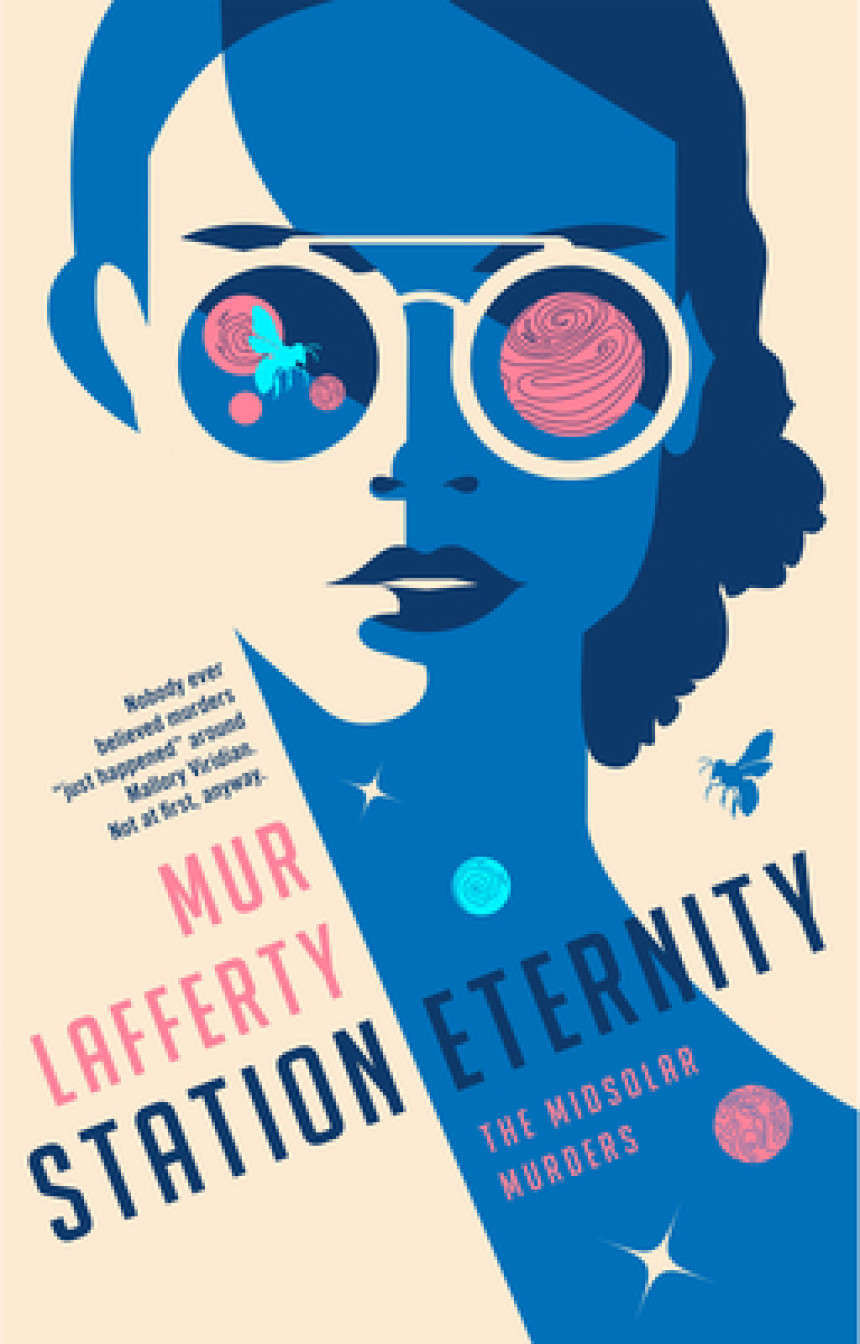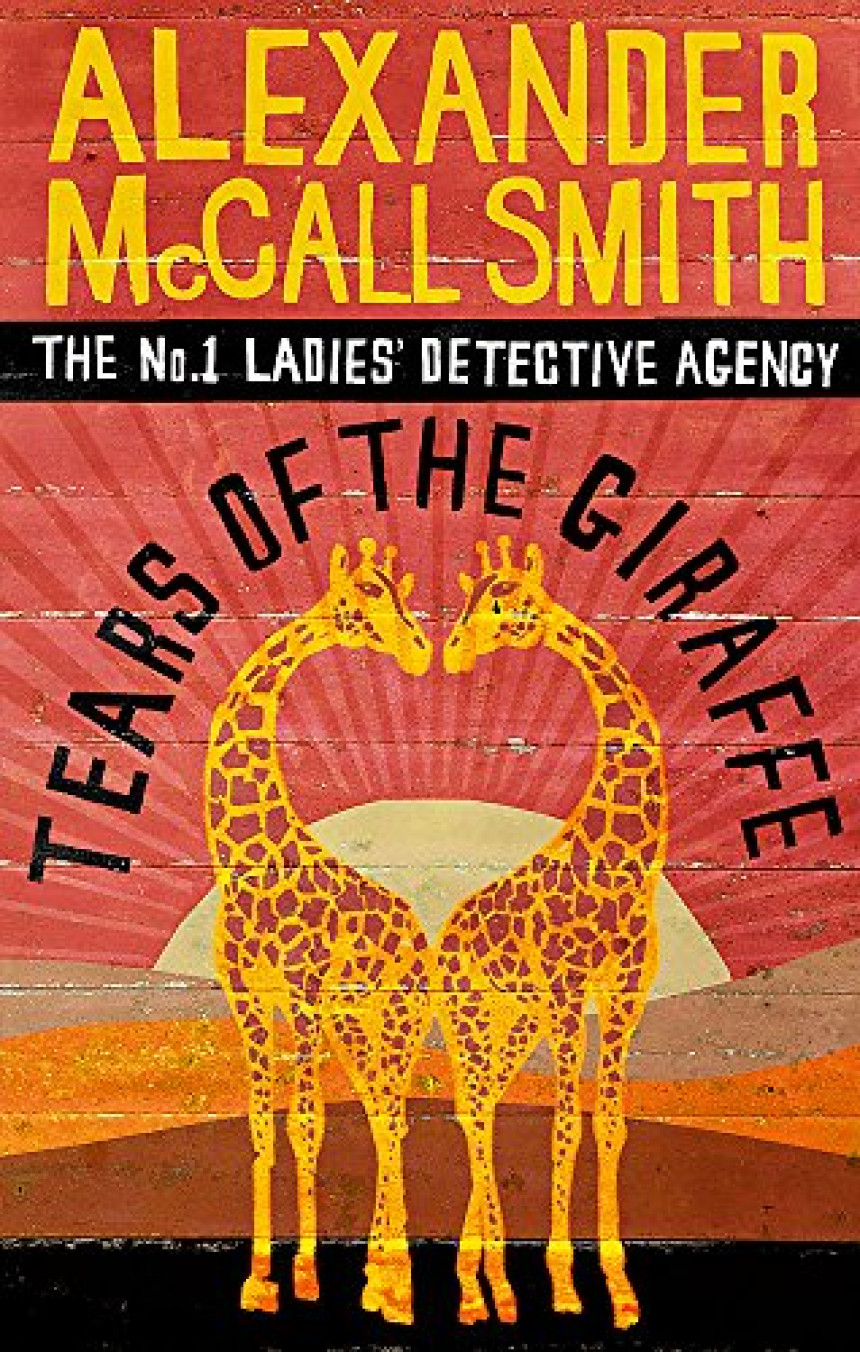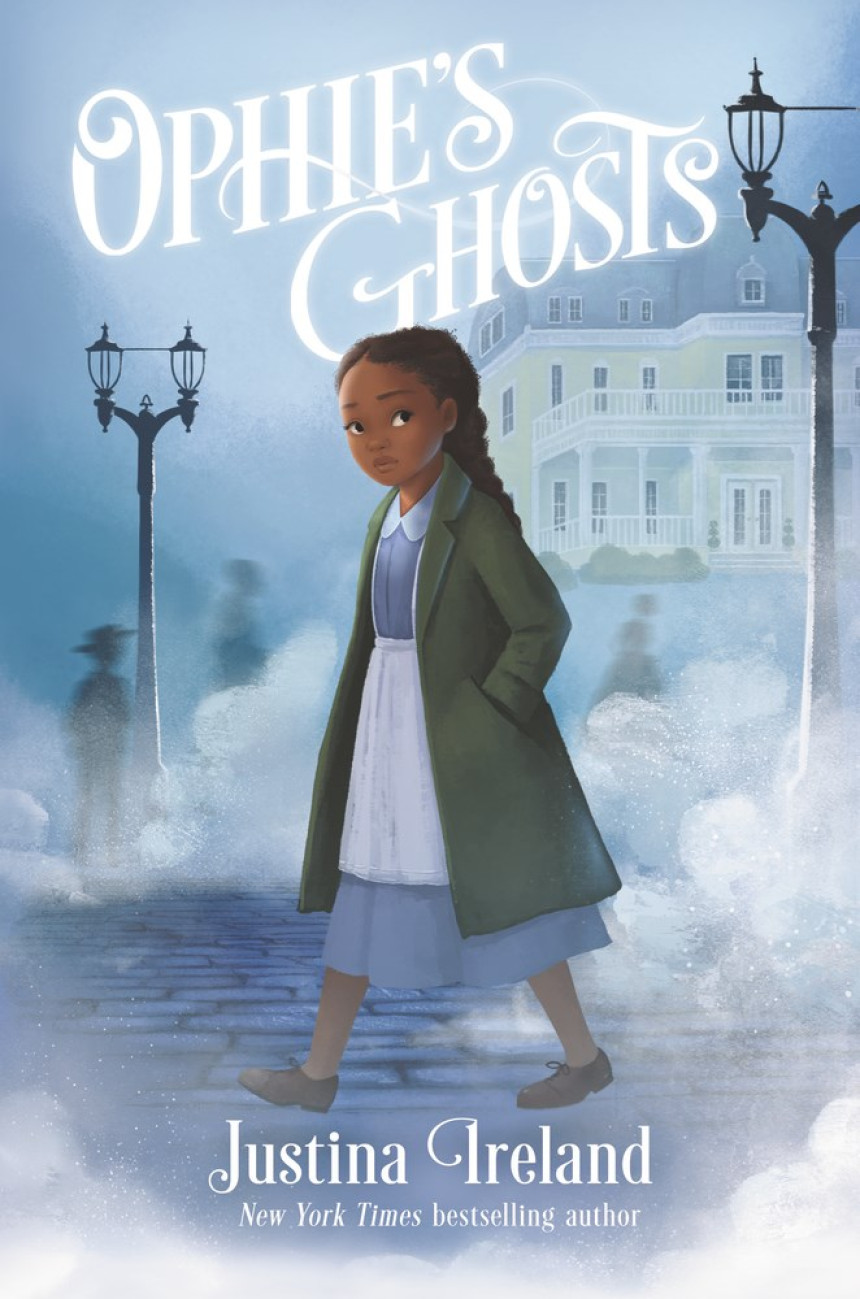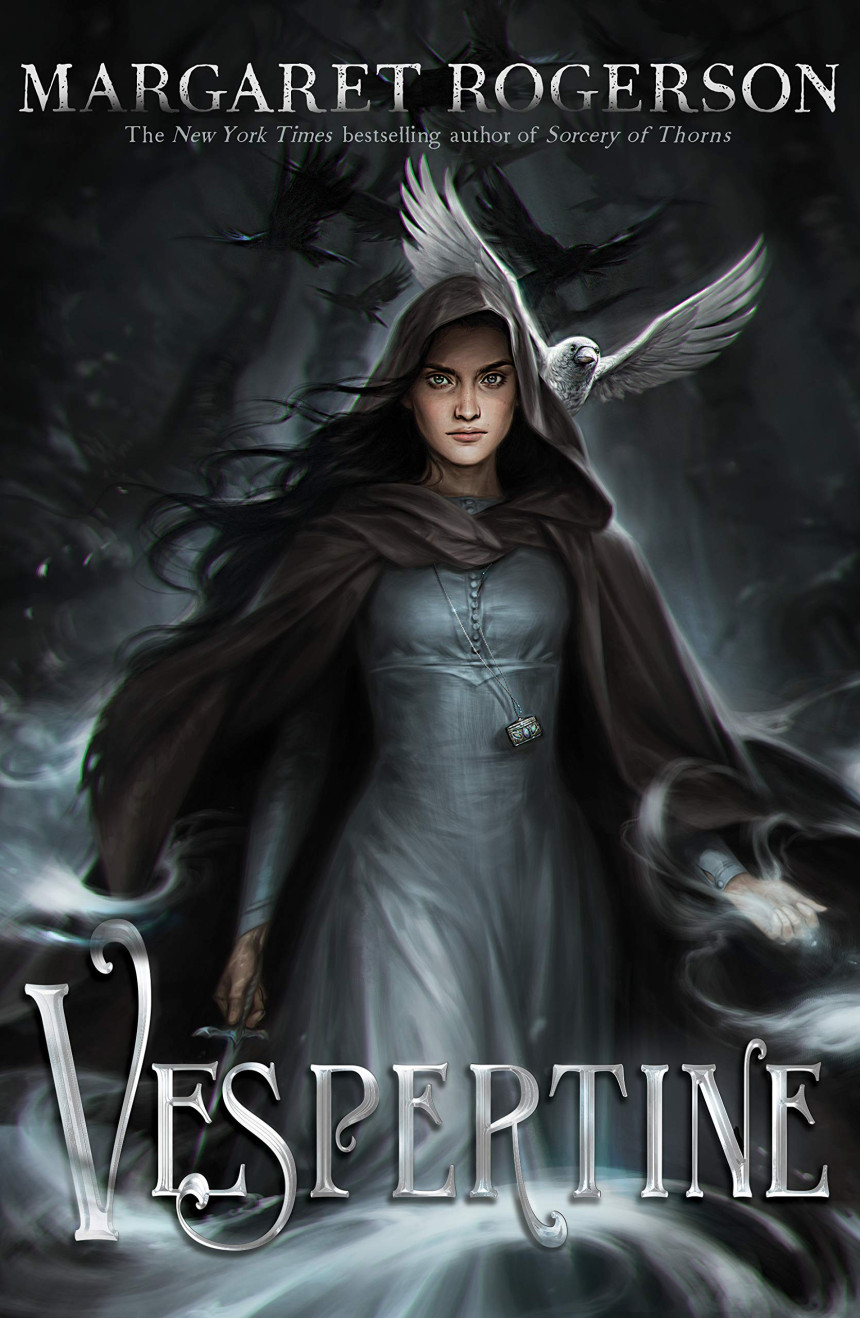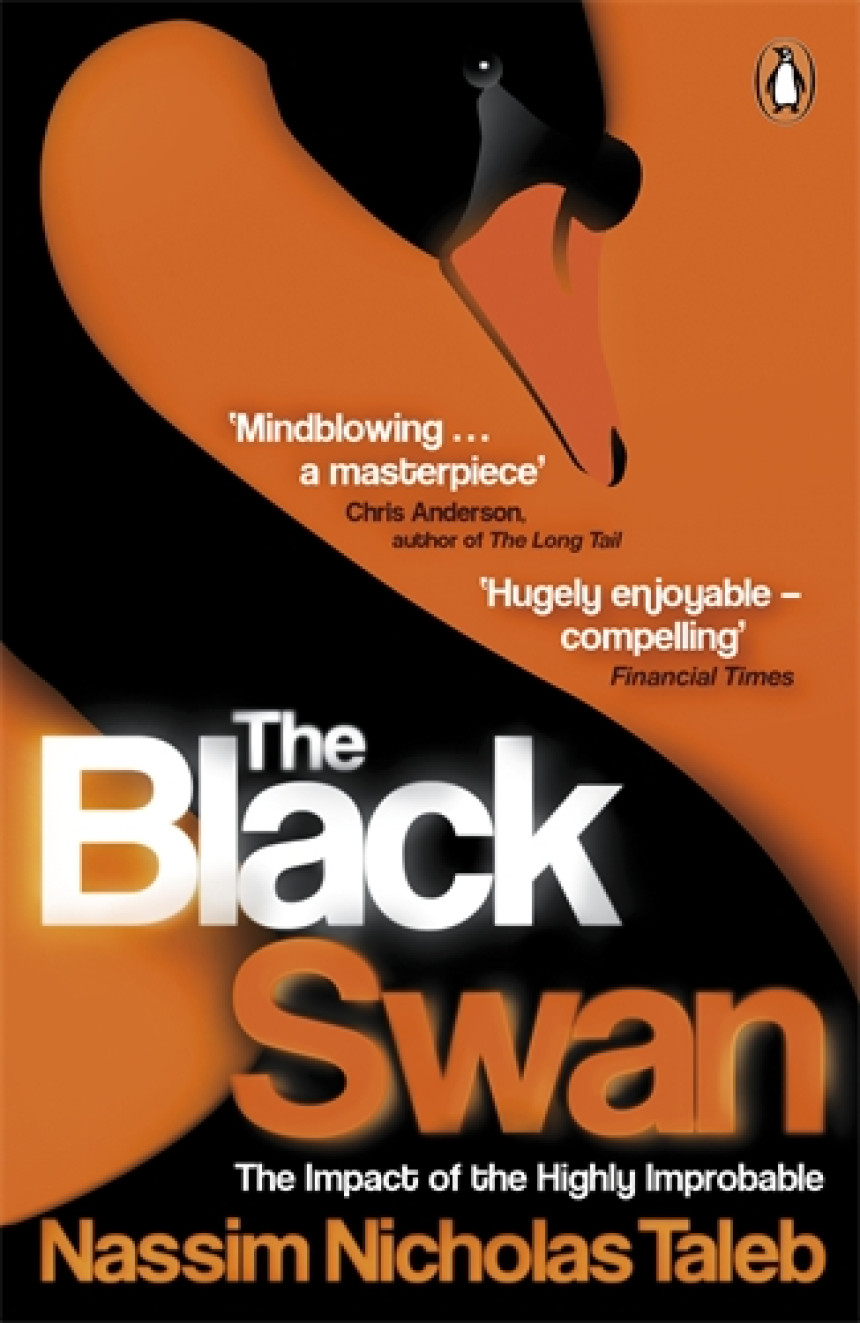
PDF Download Incerto #2 The Black Swan: The Impact of the Highly Improbable by Nassim Nicholas Taleb
In Black Swan: The Impact of The Highly Improbable, the author projects randomness and uncertainty as a single idea. He puts forth a theory that promotes the idea and value of a society that stands robust in the face of negative events, and manipulates the positive ones to its advantage.According to Taleb, a Black Swan event is a rare event that has large magnitude and powerful consequences owing to its unpredictability. Such an event is initially a surprise to its observer, but is rationalized by him/her in retrospect. World War I, the rise of the Internet, and the 9/11 attacks on the World Trade Center are cited as examples of Black Swan events. Taleb introduces a fictional character called Yevgenia Nikolayevna Krasnova to elucidate his theory. Krasnova is a neuroscientist, who is interested in philosophy. She writes a book called A Story Of Recursion. A small publishing firm picks up the book and publishes it in its unedited form. In an unexpected turn of events, the book goes on to become an international bestseller, catapulting the author and the publishing firm to fame. This event is described as a Black Swan Event.The book is divided into four parts. Part 1 and the first section of Part 2 deal with psychology. The author then moves on to the subjects of science and business in the later part of Part 2 and the whole of Part 3. Part 4 provides strategies to enjoy life amidst all the uncertainties in the world. The book was first released in 2007 and went on to become extremely successful. It was listed by The Sunday Times as one of the 12 most influential books post World War II. It stayed on The New York Times bestseller list for 36 weeks. It was published in 32 languages, and sold almost 3 million copies as of February 2011.

